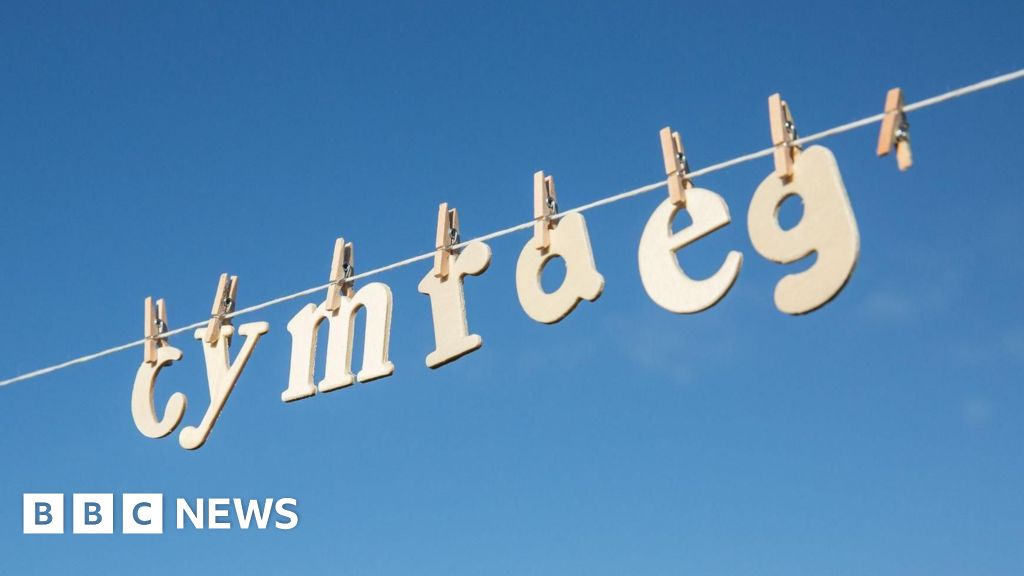
You can now raise a glass to 10 new Welsh words in the Oxford English Dictionary – including the phrase for cheers.
Iechyd da, which means good health and is said before having a drink, is included as part of the “deep-rooted influence” on English spoken in Wales, Oxford Languages said.
Ych a fi, an exclamation of disgust, sglods, which means chips, and Senedd, the Welsh parliament, are three of the other additions.
The Welsh language can be heard in “the everyday speech of people in Wales… evident in the many words and phrases that English has borrowed from it”, the dictionary added.
The Oxford English Dictionary has more than 500,000 entries and is updated four times a year.
New Welsh entries were added because of their use in “different sources” of English writing seen over a “reasonable period of time”.
Calennig, the Welsh word for a New Year’s Day gift, was first appeared in an English source, such as a book, letter or newspaper, from 1749.
The word comes from the post-classical Latin word “calandae”, also the source for the English word calendar.
In Welsh, calan means New Year’s Day, or first day of the month, and when combined with the Welsh diminutive or belonging suffix “ig” it forms calennig, which can mean both the gift or the tradition of children giving New Year’s gifts.
“On the morning of New Year’s Day, children go from door-to-door requesting food, money, or other gifts—and unsurprisingly for Wales, the land of song, these requests are traditionally sung,” it said.
“Children taking part in this custom typically carry an apple or orange pierced with sticks and decorated with sprigs of herbs or foliage, as well as cloves, nuts, or raisins, so that calennig can also sometimes be used to indicate the decorated apple or orange itself.”
The other expressions of Welsh origin added to the Oxford English Dictionary are twp, an adjective describing someone stupid or idiotic, cawl a traditional Welsh soup typically made with lamb or beef and leeks, potatoes, swedes, and carrots.
The words for grandmother and grandfather in south Wales, mamgu and tadcu, are also now in the dictionary, as is the word for grandfather in north Wales, taid.